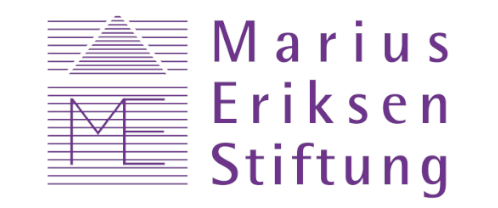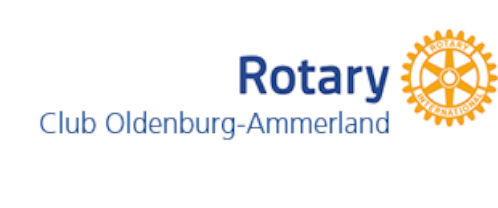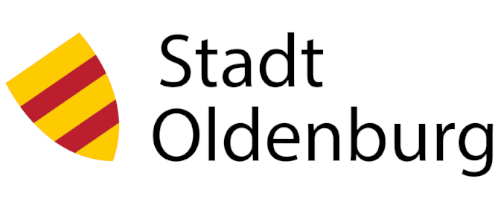United Nations Educational, Scientific and Cultural Organisation
UNESCO was established in 1945 with the primary goal of promoting international cooperation in education, science, culture, and communication. UNESCO sought to rebuild educational and cultural institutions while promoting peace through mutual understanding among nations. It’s mission is rooted in the belief that intellectual and cultural solidarity can help prevent future conflicts.
Additionally, UNESCO works to promote universal education, combat illiteracy, and advance gender equality in schools. It also plays a pivotal role in preserving indigenous cultures, supporting scientific research, and advocating for freedom of expression and press freedom.
UNESCO’s contributions are critical in addressing global challenges such as climate change, the digital divide, and cultural preservation amid globalization. By fostering dialogue and cooperation among nations, it ensures that education, science, and culture are leveraged to build sustainable, inclusive, and peaceful societies.
Topic at OLMUN 2025: Addressing the Suppression of Languages and other Non-material Cultural Assets in Multiethnic States










